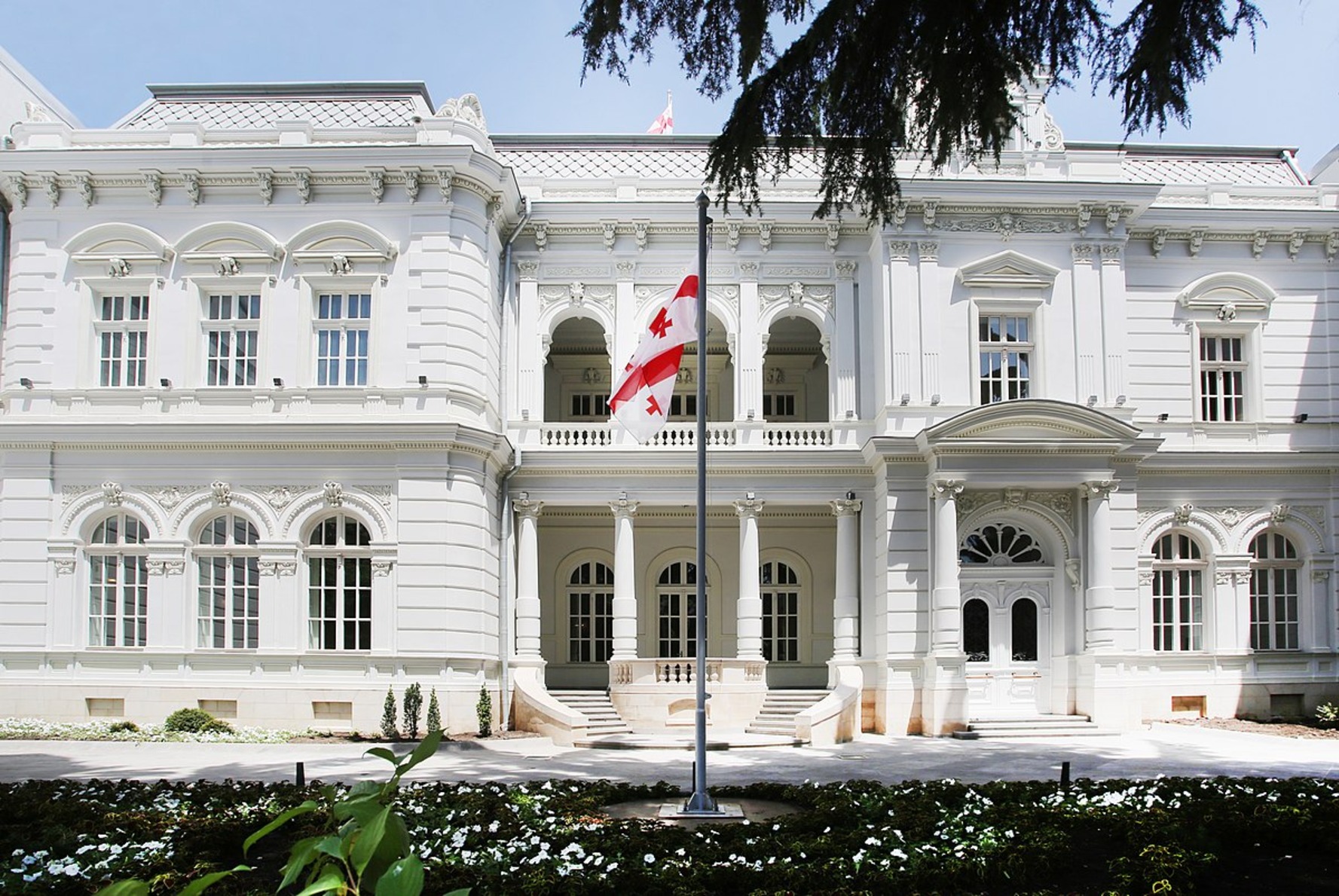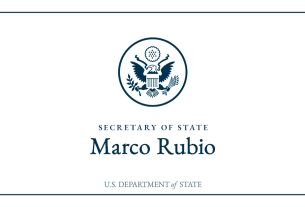In a bold move that could reshape Georgia’s European trajectory, Prime Minister Irakli Kobakhidze has declared that his country will suspend its European Union (EU) membership talks until the end of 2028. This announcement comes in the wake of widespread criticism from the European Parliament regarding the integrity of Georgia’s controversial 26 October 2024 parliamentary elections, which have been widely condemned as neither free nor fair. The decision signals a deepening rift between Georgia and the European Union, as the country grapples with internal political unrest, claims of electoral malpractice, and growing concerns about its democratic future.
The Election Controversy: A Crisis of Legitimacy
Georgia’s parliamentary elections, held in late October 2024, have sparked a storm of accusations and protests both within the country and internationally. Observers from the European Union, as well as local opposition parties, have raised alarm over a range of alleged electoral violations, including voter intimidation, vote manipulation, and interference with observers and the media. The European Parliament, in particular, has been outspoken, declaring that the election results cannot be trusted, urging the international community to reject them, and calling for a re-run of the elections under independent international supervision.
The opposition, which claims that the elections were rigged in favor of the ruling Georgian Dream party, has refused to recognize the legitimacy of the new parliament, boycotting its sessions. As a result, the seats of opposition members remain vacant, and the political stalemate has fueled increasing tensions within the country’s political landscape. The international community, particularly the EU, has taken a firm stance, emphasizing the need for electoral reforms and an independent investigation into the allegations of fraud and manipulation.
Kobakhidze’s Stance: A Rejection of EU Pressure
In a defiant statement, Prime Minister Irakli Kobakhidze insisted that Georgia is a European country and reaffirmed his government’s commitment to making Georgia a full-fledged member of the European Union. However, he also made it clear that his government would not accept any external pressure or interference regarding the country’s EU membership aspirations. According to Kobakhidze, the relationship between Georgia and the EU should be based on mutual respect, and the integration process must be bilateral rather than something that is “granted” by the EU.
Kobakhidze’s rhetoric highlights the growing frustration within the Georgian government over what it perceives as Western interference in its internal affairs. He underscored that it is unacceptable for Georgia to view its potential EU membership as a favor from the Union, instead framing it as a national responsibility. This rejection of external criticism is compounded by the government’s refusal to accept EU funding, following the European Commission’s decision to cut budgetary support due to Georgia’s controversial “foreign agent” law and other actions that have been seen as undermining democratic principles.
The “foreign agent” law, introduced earlier this year, has been particularly contentious. Critics argue that it mirrors similar laws in Russia, where the government has used such legislation to target and silence civil society and opposition groups. The law has been met with widespread protests in Georgia, and many within the EU have expressed concerns about its impact on freedom of expression and the independence of the media.
EU’s Response: Calls for Sanctions and Accountability
The European Union’s response to Georgia’s political crisis has been swift and resolute. The European Parliament has adopted a resolution condemning the actions of the Georgian government, specifically accusing the ruling Georgian Dream party of undermining democratic institutions and violating electoral laws. MEPs have called for a thorough and independent investigation into allegations of electoral manipulation and have urged the EU to impose targeted sanctions on key Georgian officials.
The resolution highlights a disturbing pattern of behavior from the Georgian government, which critics argue is increasingly aligned with autocratic practices. The European Parliament’s call for sanctions is not only a condemnation of the election fraud allegations but also a broader response to what is seen as a systematic erosion of democratic norms in Georgia. The proposal to impose personal sanctions on Georgian officials is intended to hold accountable those responsible for what many see as a deliberate attempt to undermine the country’s democratic integrity.
Furthermore, the EU has expressed deep concern over Russia’s influence in Georgian domestic politics. Moscow has been accused of using disinformation campaigns to destabilize Georgia, including the promotion of baseless conspiracy theories, such as the “Global War Party” narrative. This theory falsely claims that Georgia’s opposition, if brought to power, would lead the country into conflict with Russia under the orders of Western powers. Such disinformation efforts are seen as a destabilizing force in the South Caucasus, where Georgia has long been caught in the crossfire of geopolitical rivalry between Russia and the West.
Geopolitical Implications: A Turning Point for Georgia’s Euro-Atlantic Aspirations
Kobakhidze’s decision to suspend EU membership talks until 2028 is not just a political statement but also a strategic move that may significantly alter Georgia’s foreign policy trajectory. The suspension casts doubt on Georgia’s long-term aspirations for EU integration, especially at a time when the EU is seeking to expand its influence in the Eastern Partnership region. The EU’s demand for a re-run of the elections and its critical stance on Georgia’s democratic backsliding come at a time when the Union is already dealing with internal divisions over issues such as migration, climate change, and relations with Russia.
For Georgia, this decision marks a key turning point in its relationship with the EU, and it comes at a moment when the country’s political stability is being tested. By rejecting EU funding and refusing to accept external pressure, the Georgian government seems to be signaling a shift towards a more independent, if increasingly isolated, foreign policy. This could have far-reaching implications for Georgia’s relationship with the West, particularly if the country continues down a path of democratic backsliding.
The suspension of EU membership talks could also signal a pivot toward Russia, with whom Georgia has a historically fraught relationship. Moscow has long sought to keep Georgia within its sphere of influence, and its efforts to discredit the opposition and spread disinformation have further complicated Georgia’s European aspirations. While Georgia’s official stance remains that it seeks to join the EU, the country’s political dynamics are increasingly at odds with the values of European integration.
The Way Forward: A Divided Nation at a Crossroads
As Georgia moves forward from this moment of political upheaval, the country faces a difficult road ahead. The opposition remains resolute in its refusal to recognize the legitimacy of the new parliament, while the Georgian Dream party, led by Kobakhidze, appears determined to press ahead with its agenda. The outcome of the ongoing political crisis will likely depend on whether Georgia can resolve its internal divisions and address the EU’s concerns about electoral integrity and democratic backsliding.
The international community, including the EU, will continue to watch Georgia closely in the coming months. The country’s future as a potential EU member hangs in the balance, and much will depend on the Georgian government’s ability to implement meaningful reforms, address the allegations of electoral fraud, and restore public trust in the democratic process.
For now, the suspension of EU membership talks signals a deepening divide between Georgia and the European Union, one that could have lasting consequences for the country’s Euro-Atlantic aspirations and its place in the broader geopolitical landscape of the South Caucasus.



